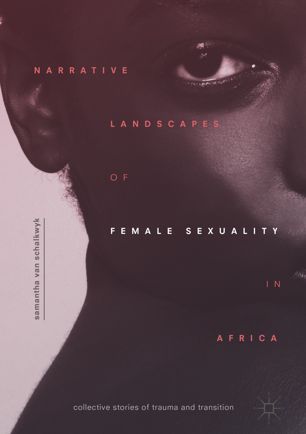

Most ebook files are in PDF format, so you can easily read them using various software such as Foxit Reader or directly on the Google Chrome browser.
Some ebook files are released by publishers in other formats such as .awz, .mobi, .epub, .fb2, etc. You may need to install specific software to read these formats on mobile/PC, such as Calibre.
Please read the tutorial at this link: https://ebookbell.com/faq
We offer FREE conversion to the popular formats you request; however, this may take some time. Therefore, right after payment, please email us, and we will try to provide the service as quickly as possible.
For some exceptional file formats or broken links (if any), please refrain from opening any disputes. Instead, email us first, and we will try to assist within a maximum of 6 hours.
EbookBell Team

4.1
90 reviewsThis book explores the textures of women’s narratives of patriarchal oppression of female sexuality. Postcolonial feminist scholars in Africa highlight the importance of moving beyond Westernised lenses of ‘African’ women’s powerlessness, towards a focus on women’s culturally-specific sexual agency. However, few studies explore women’s psychological experiences of sexual oppression/agency in real depth. Narrative Landscapes of Female Sexuality in Africa traces the narratives of heterosexual migrant women from Zimbabwe, Kenya and Congo. The book offers insight into women’s experiences ‘back home,’ travelling through border posts in Africa, and life in current post-apartheid South Africa. Through a unique collectively-based methodology and a feminist poststructuralist lens, the author examines narrative strategies used by the women to manage and psychologically resist harmful discourses surrounding female sexuality and women’s bodies. The book offers rich exploration of the intersections of gender and sexuality, class, race and citizenship situating the narratives within the wider context of poverty and migration in sub-Saharan Africa. These vectors of oppression are illuminated throughout the text via integrated threads of the researcher’s positionality in relation to the women narrators.